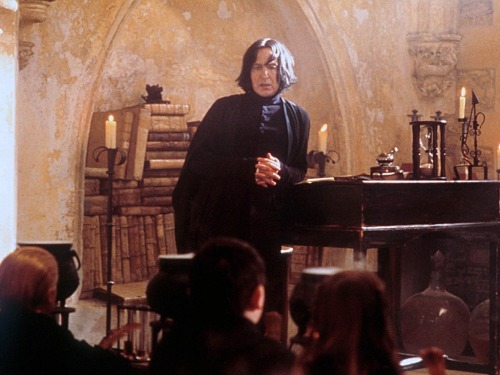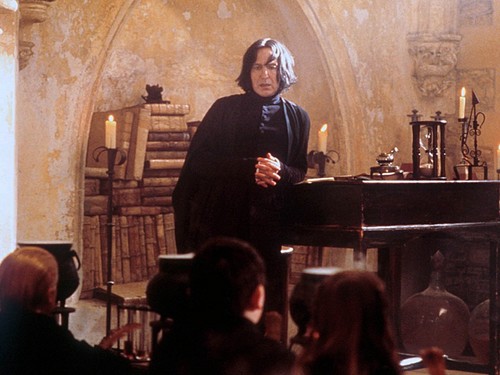- Joined
- Apr 18, 2010
- Messages
- 27,504
- MBTI Type
- INTJ
- Enneagram
- 5w6
- Instinctual Variant
- sp/sx
I agree entirely. I never dumb down my vocabulary with anyone, even kids, though with them I try to provide enough context to figure it out when using a word I suspect might be unfamiliar. The exception is when I am explaining the "jargon" of a specific topic. Even then, I will try to get them to understand and explain the concept in the words they do know before giving them the "official" term for it. Science is more than a vocabulary lesson.Bad Octopus, I really liked your rant. You only spoke what I so often think concerning language and vocabulary. Also, I share the distaste for using a hundred words for what could be said in ten. I think a part of being a good writer is learning to get the most bang for your buck vocabulary-wise. Hence, I agree with, "But that's why having a good vocabulary is important. The more words you have in your arsenal, the easier it will be to express your thoughts clearly and concisely, without a lot of wasted words."
I read some of Lewis' Chronicles of Narnia, and heard so many good things about him. I then went on to read Mere Christianity and a couple other writings, hoping someone with his credentials and reputation could help me understand how an intelligent, rational, educated person can view Christianity in a way that makes sense. I was sorely disappointed in his line of reasoning and thus did not accomplish my goal (though I don't discount that a reasonable case can be made). I forget exactly why as it's been a few years since I read these things. I am more inspired by Joseph Campbell, and scientists like Carl Sagan, Stephen Jay Gould, or even Galileo.Touching on Lewis, [MENTION=20856]grey_beard[/MENTION] and I have spoken of him before. No single writer has influenced my thinking more and while our writing styles are far apart, separated by culture and years, our ways of seeing, of thinking, are not. I connect with Lewis. If there were any way possible (which I know there is not) to have a conversation with an author from the past, he'd be my first choice.
If someone can't spell out "A cat sat on a mat", he is clearly not ready to be reading Shakespeare. Note I said "reading": he can see it as a play, hear and discuss the story, etc. but the reading of Shakespeare does require some fundamental language skills. Kids (or grownups) at this elementary reading/writing level need good quality books to feed the rest of their intellect while their language skills develop. This was the aim and contribution of Dr Seuss, for instance. The problem comes when students who can read at this level are incorrectly placed in basic or remedial groups.Now, don't get me wrong: I am not being elitist: rather, I think that MANY of the children who are busy attempting to spell out 'A Cat Sat On A Mat'
are being shortchanged by educators, and would be capable of achieving far more, and assimilating far more, than they are commonly given credit for.
"Another little portion of the human heritage has been quietly taken from them before they were old enough to understand."
As for taking away part of the human heritage, that happens at all levels, due to political correctness, academic over-standardization, and simple laziness/inertia. When I was in HS, we had to read Catcher in the Rye, Death of a Salesman, The Crucible, The Old Man and the Sea, and a handful of other books considered "great American literature". The Crucible was the only one worth anything. What's particularly sad and telling is that today's HS students have almost exactly the same reading list. Same for history, music, and even math/science.
Last edited:






